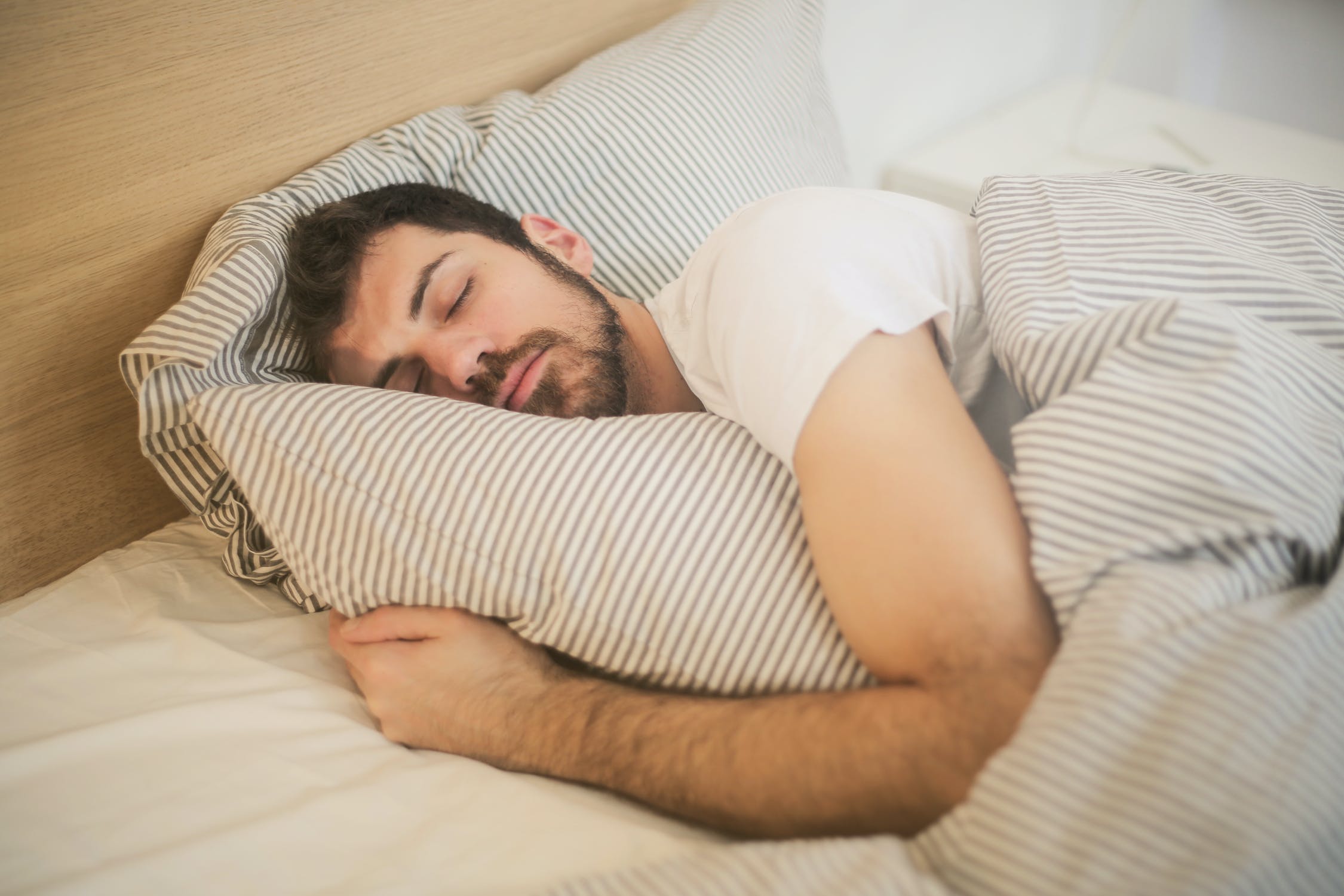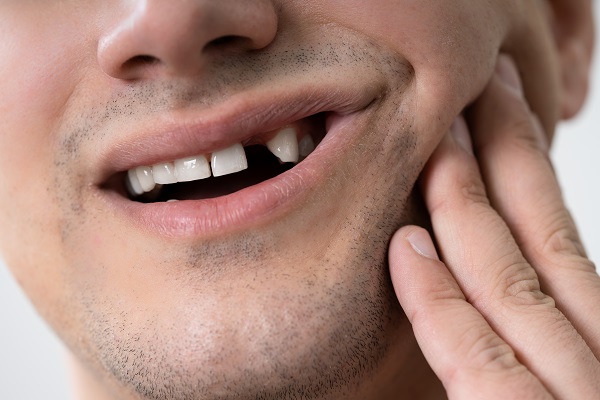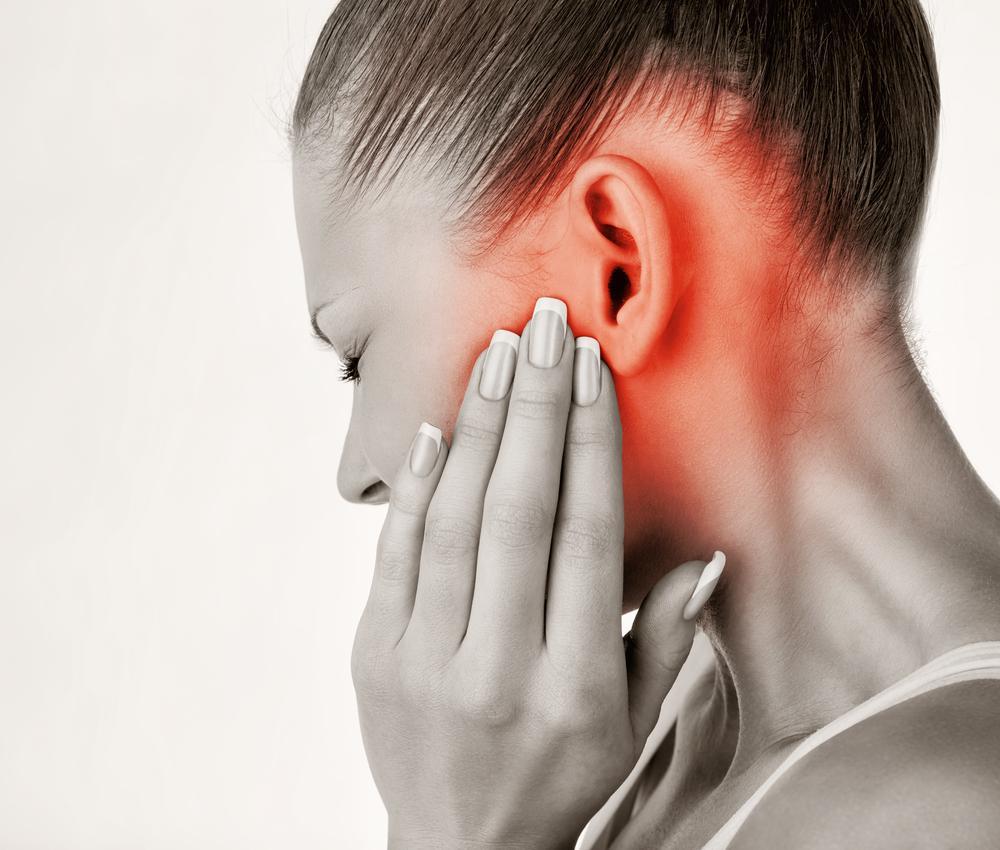If you’ve ever had any significant dental work done, you know how expensive it can get but thankfully, at our clinic, we offer dental financing Vancouver. Specifically, when it comes to mouth guards, it can get quite expensive. But your health is the most important and if you grind your teeth at night, a nightguard is absolutely essential for your overall wellbeing and your dental health.
Let’s take a look at 7 signs you grind your teeth at night.
Chipped Teeth
If you’ve ever chipped a tooth while sleeping, it’s because you’re grinding your teeth. If you’re chipping teeth from grinding your teeth, you’re probably grinding them quite hard. It’s vital that you get those chips fixed by a dentist and later address the grinding problem by getting a night guard.
Your Partner Told You
If your partner has heard you grind your teeth at night, it’s time to address the issue. Teeth grinding at night is a serious problem but thankfully if you have someone sleeping beside you that can tell you how often you grind your teeth and how hard, you can fix the problem in an easier way.
Cut Marks or Wounds Inside Your Mouth
If you have cut marks inside of your mouth or lines that run from your back molars to the front corners of your mouth, you’re grinding your teeth at night. You might also have other cuts or wounds inside your mouth that are a direct result of grinding.
Chronic Grinding
For some people, grinding is chronic and consistent while for others, they might only grind when they experience periods of high stress at work or at home. While for the chronic grinders, a night guard won’t actually stop the grinding, it will at least reduce the serious effects you’d experience without a night guard.
Morning Headaches
Some people experience headaches without even knowing why. This can sometimes be a result of grinding your teeth at night. A mouth guard will reduce these adverse effects.
Medication & Antidepressants
Some medications and antidepressants can actually cause you to grind your teeth. This was a study that found that the main ingredient in some antidepressants is the same ingredient that causes people to grind their teeth.
Temporomandibular Joint Disorder
TMJD can occur when your jaw and surrounding muscles become inflamed – sometimes this is a direct result from grinding.
If you need to address your grinding habit, please get in touch with our clinic as we are experienced, friendly, professional and offer dental financing Vancouver.
Photo by Andrea Piacquadio from Pexels






